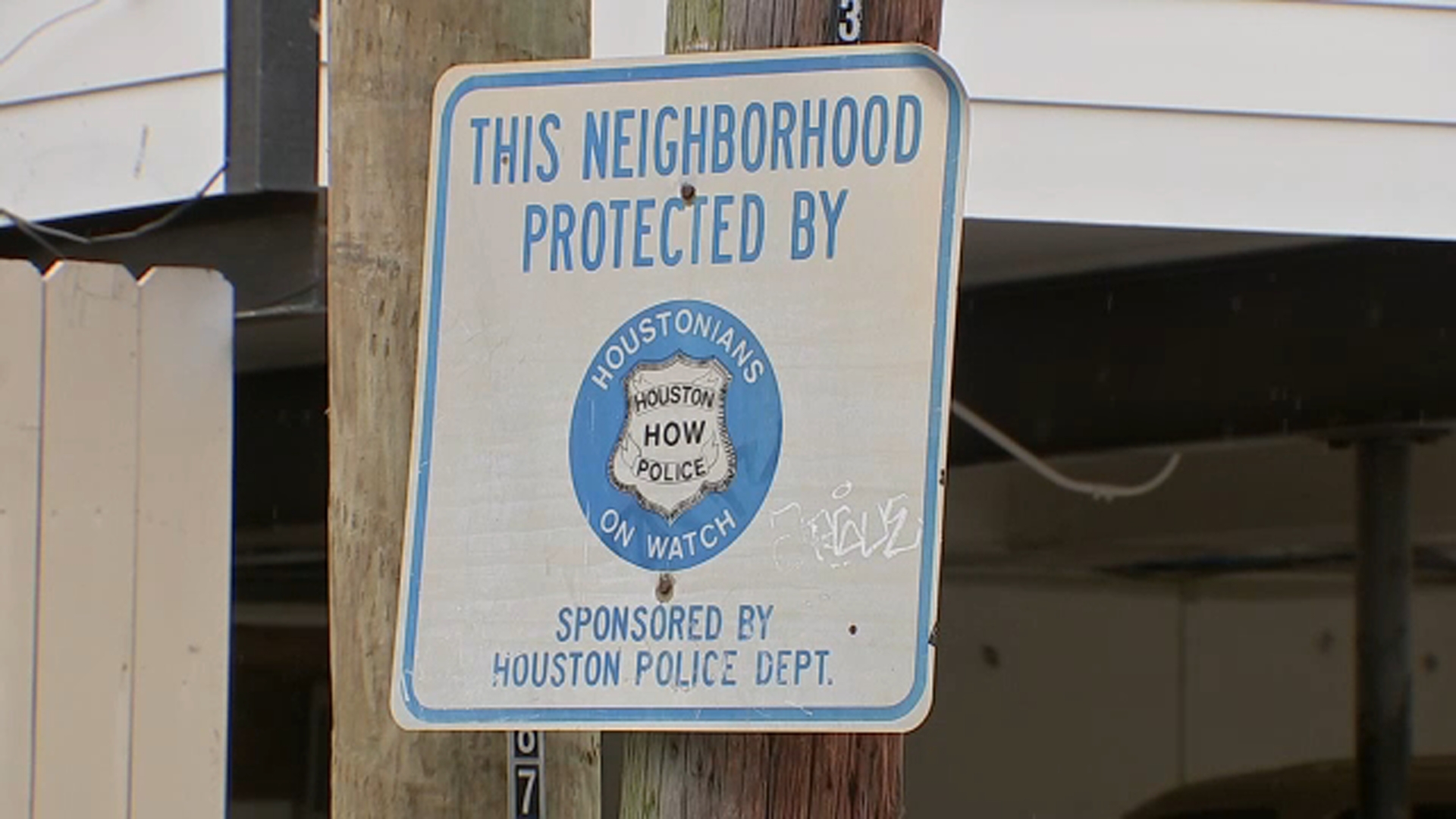All 20,000 evacuation orders off in San Diego fire


SAN DIEGO, CA -- A wildfire that surged amid high heat and dry winds in drought conditions brought evacuation orders for more than 20,000 homes in and around San Diego, but all residents were told they could return home Tuesday night just a few hours later as cooler, calmer darkness fell.
Another fire 250 miles to the north in Santa Barbara County was also lying down after dark. All but a handful of the evacuation orders that had affected some 1,200 homes and businesses earlier in the day were called off.
No damaged homes or injuries were reported in either fire.
But the rugged terrain and unseasonably warm temperatures made firefighting difficult, creating some scary moments.
"At the point the fire is right now, we believe we have a pretty good handle on it," San Diego Fire Chief Javier Mainar said. "We hope to do some more work through the night and into tomorrow, but I think the largest part of the emergency has passed."
The flames that erupted in the fire-prone Rancho Bernardo area of San Diego quickly grew to 700 acres, driven by hot, dry Santa Ana winds.
By late afternoon, the flames ripped through canyons to approach expensive homes and new subdivisions on the ridges. It spread to Rancho Santa Fe, one of the nation's wealthiest communities, known for its multimillion-dollar homes, golfing and horseback riding.
Black and gray smoke billowed over northern San Diego, filled with whirling ash and embers that created small spot fires. Flames crept within yards of some homes before firefighters doused them.
On one road, people on bicycles and skateboards stopped to watch as a plane dumped water on flames a half-mile away. At least two high schools and three elementary schools were evacuated.
Cameron Stout, filling his tank at a gas station, got a text from his wife shortly after noon saying that she was packing up and leaving with the family's pictures, laptops and other valuables. Their next-door neighbor's home burned in a fire 15 years ago, he said.
"This area's been through this before," he said. "I thought the recent rains would have prevented this from happening. But after a couple days of 100 degrees, it's reversed all that."
Katy Ghasemi, 14, was held for hours in her high school classroom before the school let the children go home. Students studied, ate lunch, did yoga and looked out the windows at the fire.
"There were a lot of flames. Some were right near the front gate," she said.
The city of San Diego issued between 16,000 and 17,000 evacuation orders, according to San Diego County Sheriff Bill Gore, including 300 that Police Chief Shelley Zimmerman described as mandatory. Gore said the sheriff's department issued an additional 5,000 evacuation orders outside city limits.
As night fell the evacuations were called off for city residents, and all county residents were told they could safely return by about 9 p.m.
Meanwhile, in the Santa Barbara County community of Lompoc, the wildfire there also grew to about 700 acres.
There were downed power lines and heavy brush in the area, said David Sadecki of the Santa Barbara County Fire Department.
Chrissy Cabral, 57, rounded up friends to help her remove 19 head of cattle she keeps at a local ranch after the fire shifted directions. She said firefighters warned her: "Get out now."
"I was probably half a mile away from the side of it, but unfortunately for me ... the winds twisted and blew it back on top of me," she said.
"It was very high flames, very dark," she added.
The group used trailers to move the cows five miles away, a repeat of 10 years ago when a fire roared through the area and burned her corral, Cabral said.
Months of drought have left much of the landscape ready to burn. Downtown Los Angeles has recorded just 6.08 inches of precipitation with little time left in the July 1-June 30 rain year. That's less than half its annual average rainfall.
"Fire season last year never really ended in Southern California," said Daniel Berlant, a spokesman for the California Department of Forestry and Fire Protection. His agency has responded to more than 1,350 fires since Jan. 1, compared with an average of 700 by this time of year.






